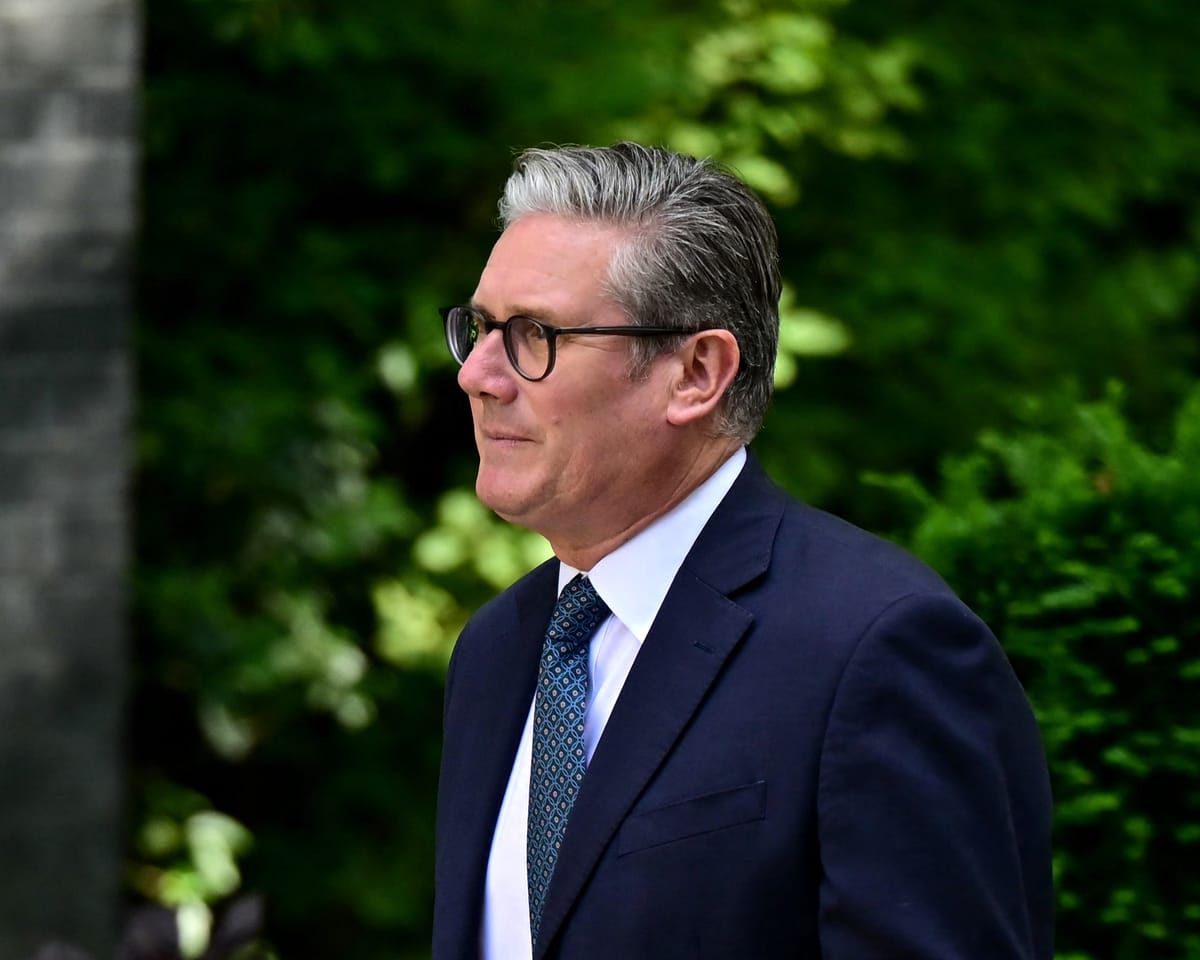Keir Starmer Strengthens No 10 Team Amid Economic Policy Overhaul
Keir Starmer has moved to assert greater influence over economic policy by appointing the chancellor’s deputy and a former Bank of England leader to key positions in his administration.
Ahead of what may prove to be a challenging few months for the government, two new roles have been introduced—Darren Jones will oversee day-to-day operations, while Minouche Shafik has been named the prime minister’s top economic advisor.
Sources in Downing Street suggest the changes reflect Starmer’s recognition that his office requires deeper economic expertise to counterbalance Treasury decision-making and avoid missteps on issues like winter energy support and benefit reductions.
As lawmakers returned to Westminster following a tumultuous summer—during which Reform UK dominated headlines and gained ground in opinion polls—Starmer aims to regain momentum on key matters, including economic policy and immigration.
The restructuring, which also affected the communications and policy teams, coincides with a renewed pledge to foster economic growth that benefits households directly, acknowledging the persistent struggles many face with rising costs.
The scale of the reshuffle underscores concerns that Starmer’s administration has found it difficult to steer the political narrative, instead reacting to external pressures, particularly the summer’s focus on migration and Reform UK’s proposed policies.
Short-term relief appears unlikely, with the return of parliament presenting the government with various challenges, including potential tax increases in the upcoming budget.
Starmer dismissed suggestions that the changes stemmed from a crisis, framing them instead as part of a natural shift in governance. “This is less a reshuffle and more a transition into a new phase, with some roles being entirely new,” he told the BBC.
Insiders confirmed that the adjustments aim to strengthen Starmer’s oversight of Whitehall, particularly the Treasury, transforming No 10 into a more centralized hub of decision-making.
“There have been instances where oversight and coordination fell short. This is about ensuring the prime minister has clear visibility,” one official said. “Darren’s experience with the spending review makes him ideally suited to bridge departments.”
Another senior figure noted, “These appointments aren’t about undermining the Treasury but ensuring alignment. The economic strategy must be cohesive, with Downing Street capable of scrutinizing decisions—like those on winter energy payments—where oversight was previously lacking.”
A government insider dismissed concerns that the changes could destabilize operations, insisting they were necessary for long-term effectiveness.
Read next

PM's adviser rules out early election amid Rayner exit and Farage allegations
Albanian Ambassador Disputes Farage's Claims as False
The Albanian ambassador to the UK has confronted Nigel Farage, stating that the Reform UK leader spread incorrect information by claiming that one in 50 Albanians in Britain are imprisoned.
“It’s completely false, yet it continues to be repeated by

"PM’s top aide denies chaos claims following Rayner's departure in reshuffle defense"
Keir Starmer’s Government Asserting Control, Says Minister After Reshuffle
The prime minister’s newly appointed chief secretary, Darren Jones,has dismissed suggestions of instability following a sudden reshuffle prompted by Angela Rayner’s resignation as deputy prime minister.
Originally planned for later in the year, the reshuffle was accelerated

"Home Office granted permission to contest Palestine Action's terror ban appeal"
The government has secured a legal ruling allowing it to oppose an effort by Palestine Action to overturn its classification under counterterrorism laws.
In the latest development of the dispute between authorities and the now-banned protest group, the Court of Appeal ruled that the Home Secretary can contest a decision

